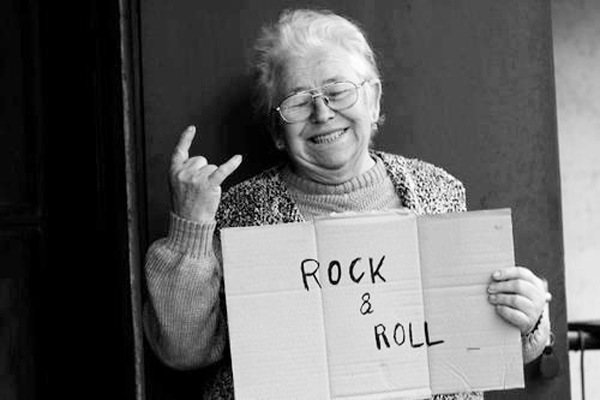1955 Juvenile Delinquency Crime Commission
Houston, TX
Fear of Rock
The Fear of Rock and Roll · Propeller
1955 Juvenile Delinquency Crime Commission
Rock & Integration?
Some have argued that rock and roll did as much to integrate the United States as legislation or demonstrations. It is difficult to quantify the contribution of any one civil rights strategy, but it is interesting to think that rock and roll music did not start out as a way to bring races together.
1955 Juvenile Delinquency Crime Commission
International fear
The fear of rock music was not limited to the United States. On May 8, 1954 the UK’s BBC radio banned Johnnie Ray’s song “Such A Night” after some listeners complained about its ‘suggestiveness.’ Ray was famous for his emotional stage act, which included beating up his piano and writhing on the floor.
1955 Juvenile Delinquency Crime Commission
Billboard’s Fear
Later that year, on September 24, 1954, a Billboard magazine editorial entitled “Control the Dimwits” called for removing rhythm and blues records with sexual double entendres from jukeboxes.
The Songwriters Protective Association (today the Songwriters Guild of America ) endorsed the editorial. Police in Memphis, Tennessee, and Long Beach, California, confiscated jukeboxes with the offending records. The largest jukebox operator in the New York City area offered to remove any records that Billboard listed.
1955 Juvenile Delinquency Crime Commission
Variety’s Fear
The following year, on February 23, 1955, Variety magazine wrote “A Warning to the Music Business,. Music ‘leer-ics’ are touching new lows and …policing, if you will, [has] to come from more responsible sources. Meaning the . . . record manufacturers and their network daddies. . . . It won’t wash for them to . . . justify their ‘leer-ic’ garbage by declaring ‘that’s what kids want’ or ‘that’s the only thing that sells today.”
1955 Juvenile Delinquency Crime Commission
Institutional Fear
Again that year, on May 17, 1955, Princeton University students played the Bill Haley hit record Rock Around the Clock simultaneously from their dorm rooms. University administrators suspended four students.
1955 Juvenile Delinquency Crime Commission
Municipal Fear
Some US cities began to ban concerts by certain rock and roll artists…mainly black like Fats Domino.
1955 Juvenile Delinquency Crime Commission
Juvenile Delinquency and Crime Commission
Finally on August 21, 1955, the Juvenile Delinquency and Crime Commission in Houston, Texas, claimed success in its anti-rock and roll crusade. The effort involved pressuring radio stations not to play recordings with “lewd or suggestive” lyrics. All nine Houston radio stations had cooperated.
The Commission had prepared a list of objectionable records. “Wash-Out-The Air,” a subcommittee of the Commission, looked for records that were supposedly suggestive, obscene, or had lewd intonations. The list contained twenty-six records and almost all by black artists, including:
|
The Commission told radio station owners that the Commission would complain to the Federal Communications Commission if the stations did not cooperate.
For more about Houston in particular and the fear of rock in general, see the book, Anti-rock: The Opposition to Rock ‘n’ Roll by Linda Martin and Kerry Segrave.
- 40 Banned Songs article from NCAC

